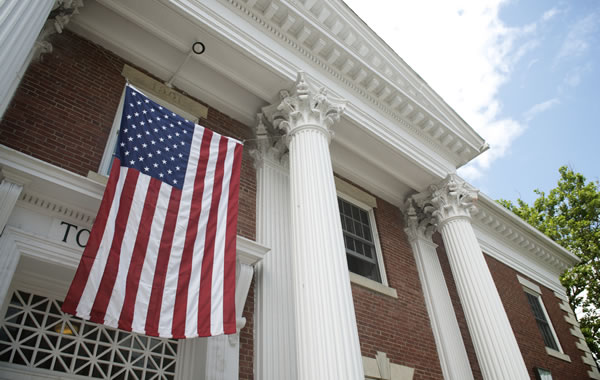Government Contracting Database
Unbalanced Bidding
Unbalanced bidding is where a bidder places a high price on some items and a low price on other items in a unit price contract. The courts have observed that, “bid pricing involves subjective business judgments and that comparison of a competitor’s prices with one’s own prices is not by itself sufficient to establish that a bid is unbalanced.” Ultra Technology Corp., B-230309.6, 89-1 CPD ¶ 42 (Comp. Gen. Jan. 18, 1989); Unidynamics/St. Louis, Inc., B-232295, Dec. 21, 1988, 88-2 CPD ¶ 609. The reasons for unbalanced bidding are many. Sometimes a bidder unbalances its prices in order to conceal its pricing strategy from competitors, other times it is in the hope of receiving large sums at the beginning of a contract, (“front end loading”), and sometimes it is in the belief that the government’s quantity estimates are inaccurate and that the contractor will be able to reap a “windfall.”
FAR 14.201-6(e)(2) for sealed bids in general and at Section 36.205(d) for construction specifically, (see requisite contract clause at Section 52.214-10), caution that a bid will be rejected as nonresponsive if the prices bid are materially unbalanced between line items. As defined by the FAR, a materially unbalanced bid is one based on prices significantly less than the cost for some work and prices significantly overstated for other work where there is a reasonable doubt that the bid will result in the lowest overall cost to the government even though it may be the low evaluated bid.
A bid is materially unbalanced when there is a reasonable doubt that acceptance of a mathematically unbalanced bid–that is, one that contains understated prices for some items and overstated prices for others–will result in the lowest overall cost to the government. Sharp Constr. Co., Inc., B-244682, 91-2 CPD ¶ 54 (Comp. Gen. July 12, 1991).
Before a bid can be rejected as unbalanced, it must be found both mathematically unbalanced and materially unbalanced. Sanford Cooling, B-242423, 91-1 CPD ¶ 376 (Comp. Gen. Apr. 15, 1991). A bid is mathematically unbalanced where it is based on nominal prices for some of the line items and enhanced prices for other line items. Id. A mathematically unbalanced bid must be rejected where there is a reasonable doubt that acceptance of such bid will result in the lowest overall cost to the government, i.e., that the mathematically unbalanced bid is also materially unbalanced. Id. The guiding factor for determining whether a mathematically unbalanced bid is also materially unbalanced is the accuracy of the government’s estimate of the anticipated quantity of work to be performed–if the estimate is reasonably accurate, then a mathematically unbalanced low bid may be accepted. G.C. Ferguson 4-T Constr., B-247014, 92-1 CPD ¶ 381 (Comp. Gen. Apr. 22, 1992) (citing Edward B. Friel, Inc. et al., 55 Comp.Gen. 488 (1975)).
Front end loading can lead to rejection of a bid. In Dement Construction Co., B-192794, 78-2 CPD ¶ 399 (Comp. Gen. Dec. 8, 1978) where the two low bidders for the construction job submitted excessive mobilization and clearing prices, the Comptroller, based on comparison of the prices to the Government’s estimated cost, stated that “the bids must be rejected since both bidders unbalanced their bids for these early items of work in an effort to recover the sums prior to the actual commencement of construction.”
However, in the determination of whether a bid is materially unbalanced or not, the Government estimate must be sufficiently accurate to assure that the mathematically unbalanced bid actually represents the lowest cost to the Government, Adam II, Ltd., B-209194, 83-2 CPD ¶ 102 (Comp. Gen. July 21, 1983). If the government’s estimate of quantities is so inaccurate that there is no assurance that award to any bidder will result in the lowest ultimate cost to the Government, cancellation of the IFB is proper, Edward B. Friel, Inc., supra.
Updated: July 9, 2018
Looking for additional government contracting resources?
Search Our Database





























